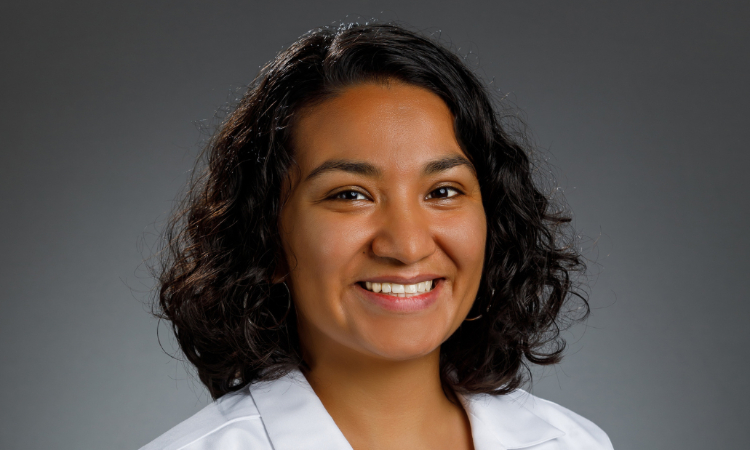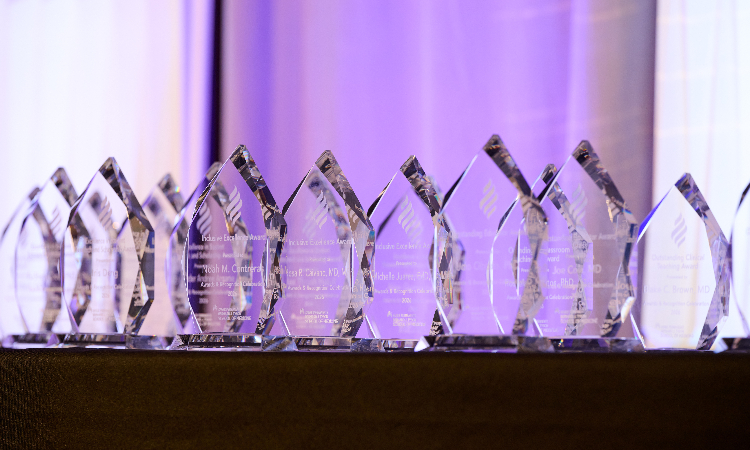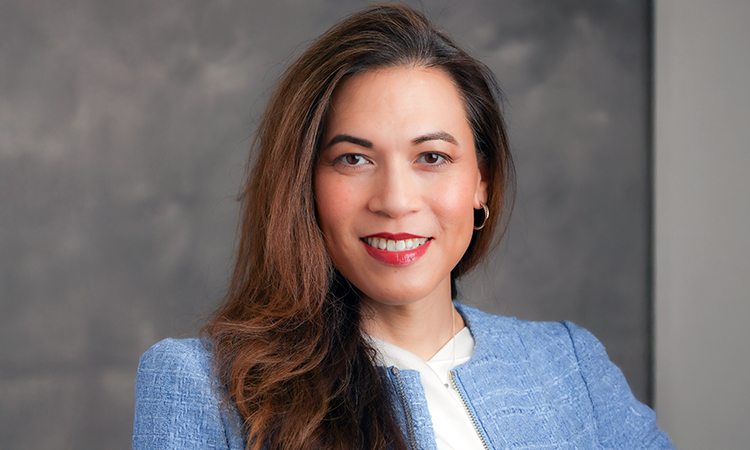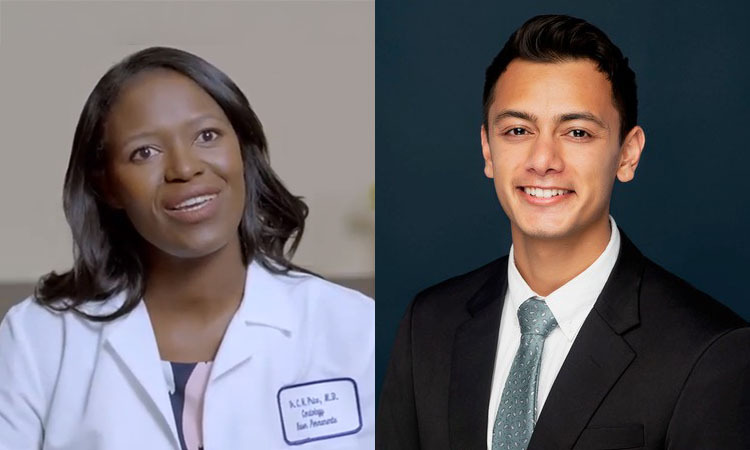Language barriers, economic barriers, lack of access, and a host of other healthcare-related challenges faced by members of the Latine community helped inspire KPSOM student Susan Camacho Plascencia to pursue a path to becoming a future physician. In recognition of Latine Heritage Month at KPSOM, we asked Susana about her journey to medicine and Latine representation in medicine in the following interview.
What made you want to become a doctor?
The need for better healthcare from culturally and language-competent physicians in my community is what solidified my resolve to become a physician. I was interested in it because I love talking to people and hearing their stories, and I wanted to develop practical skills that would be helpful in reducing another person’s pain. But it was the knowledge that my community—a rural community rich in Latine, Spanish-speaking immigrants—really needs physicians who match their cultural background and language skills that made me decide on it.
Was there a specific person or an event that inspired you to pursue a career in medicine?
There was not a specific person or event that made it click for me that medicine was the path I wanted to pursue. It was more of a combination of seeing the need, liking the subject in school, and getting a glimpse as a volunteer interpreter at a free clinic into how much I could help my community if I became a physician. I witnessed my family and community members interact with the US healthcare system and become frustrated when their language needs went unmet, and I knew I wanted to fix that.
Are there any Latine medical leaders who inspire you?
The people who inspire me the most are my mom and my Latina coworkers who I met while working in the orchards. They are such strong, hard-working, and resilient people and I cannot help but try to emulate them. I feel like I can accomplish a lot in my life if I have even half the strength that my mom has shown in her life.
After graduating from undergrad, I found myself with very few professional opportunities because I was undocumented. I had worked hard, and it was disappointing and disheartening to be in that situation. I drew a lot of strength and inspiration from my Latina coworkers at the orchards who maintained a positive attitude in the face of difficult circumstances and remained grateful for what they did have.
What are some ways we can champion Latine med students and physicians as they pursue careers in medicine?
I think representation is very important. It is essential that Latine children see becoming a physician as a solid possibility because then they’ll consider it as a career path and that is how we can increase the number of Latine physicians to serve a growing Latine population in the US. For those of us who are already pursuing a career in medicine it is important to have mentorship and sources of motivation.



